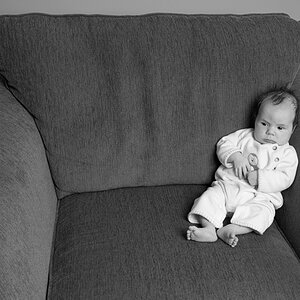iskoos
TPF Noob!
- Joined
- Nov 19, 2009
- Messages
- 187
- Reaction score
- 2
- Location
- Orlando, FL
- Can others edit my Photos
- Photos OK to edit
Whenever I try to rotate my images (from landscape to portrait) with window's picture and fax review program, it gives me a warning saying that rotating the image may permanently effect its quality.
Lately I am not doing it anymore because Canon's ZoomBrowser automatically show the images in portrait mode without rotating it but the question in my mind remains: Would the image quality be really effected if I rotate images with window's picture and fax viewer program?
Lately I am not doing it anymore because Canon's ZoomBrowser automatically show the images in portrait mode without rotating it but the question in my mind remains: Would the image quality be really effected if I rotate images with window's picture and fax viewer program?




![[No title]](/data/xfmg/thumbnail/34/34079-552f58c1ec0f8485f9c24a5b1db49654.jpg?1619736268)








![[No title]](/data/xfmg/thumbnail/34/34081-b60dc01a4635d409083c1fbe16b8fb95.jpg?1619736268)